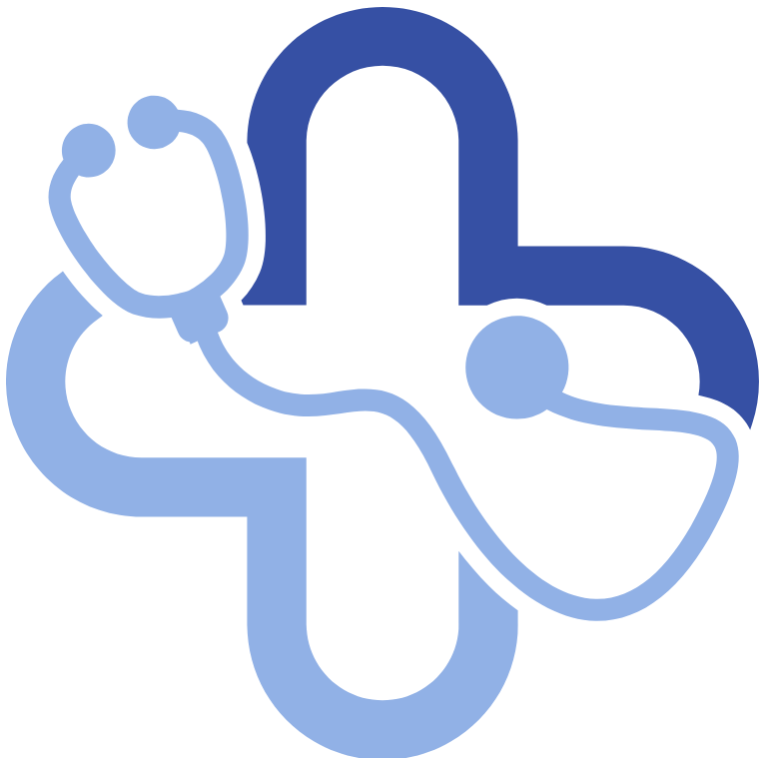There are many steps involved in earning a CNA certification. Over the years our team has assembled a comprehensive list of guides and tips to help those looking to earn their first CNA certification as well as for those current CNAs interested in staying up to date with their local requirements. We’ve assembled a variety of resources below to help you understand the role of a CNA in greater detail along with important information about local certification requirements.
Core Responsibilities of a CNA
CNAs play a crucial role in patient care, focusing on health, safety, and specialized needs. In terms of health and safety, CNAs are responsible for monitoring vital signs, ensuring infection control, and maintaining a safe environment for residents. This includes assisting with mobility, preventing falls, and adhering to safety protocols. Regarding resident care, CNAs provide direct, hands-on assistance, including help with daily activities like bathing, dressing, feeding, and personal hygiene, while also offering emotional support. They observe and report any changes in residents’ conditions to nursing staff. For specialized care, CNAs may assist with patients who have specific needs, such as those recovering from surgery, dealing with chronic illnesses, or requiring memory care. Their ability to adapt to varying care requirements ensures that each resident receives personalized, compassionate attention. Through these responsibilities, CNAs are integral in delivering high-quality care and maintaining the overall well-being of patients.
You can find out more about each of these areas by visiting our Free CNA Training Course page.
64,700
new CNAs over the next 10 years will be required to meet the needs of the US healthcare system.*
Clinical Skills
In the role of CNA, you must know how to take a patient’s blood pressure, monitor respiration rates, transfer a patient properly, and various other clinical skills. To pass the test and qualify as a CNA, your training should walk you through the proper steps and help you practice necessary clinical skills until you reach a level of clinical skills mastery. Thorough explanations and clearly developed checklists make it convenient to remember the required points and easily assess your progress as you move through the material.
There’s much to cover in this section, so you can learn more on our standalone page covering CNA skills test practice.
Practice Exams
One of the best ways to pass the CNA exam is to be well-prepared. We provide extensive practice exams so you know what to expect when you sit for the actual CNA test. The practice exams build your confidence while showing you where to devote your study time to make it count the most. While the questions on the practice exams are not identical to the questions on the actual CNA test, the practice exams cover everything you need to know to walk away from the test with a passing score.
You can begin practicing by taking our CNA practice tests to sharpen your skills.
Continuing Education
After CNAs earn their license many states require CNAs to complete annual or bi-annual continuing education credits to stay up to date on the most recent legal standards and healthcare practices for patients. Even if continuing education units (CEUs) are not required in your state, it can still be beneficial to partake in these courses to earn advanced certifications, improve your skills, and possibly improve your job opportunities and earning potential.
Learn more about continuing education for CNAs.
4%
Estimated year-over-year growth in the need for new CNAs.*
